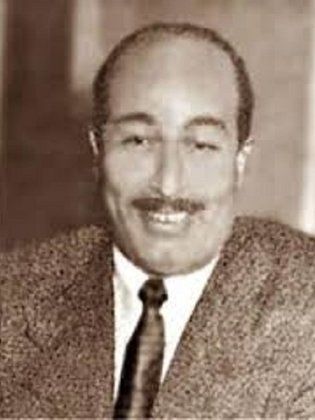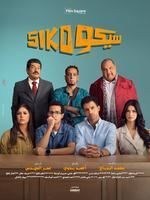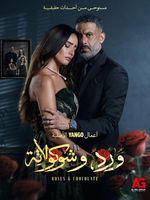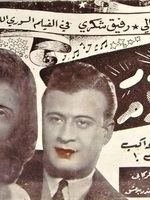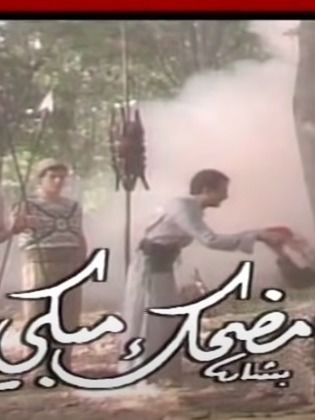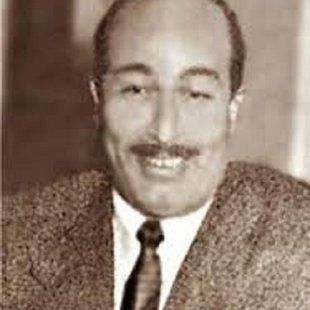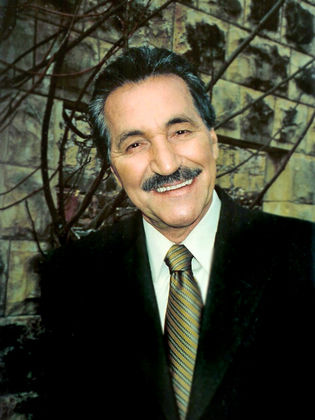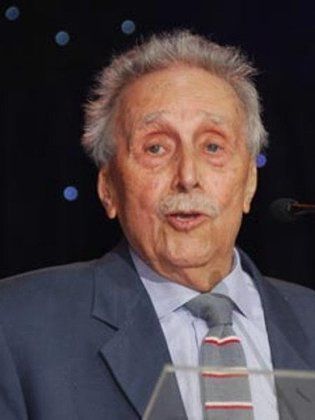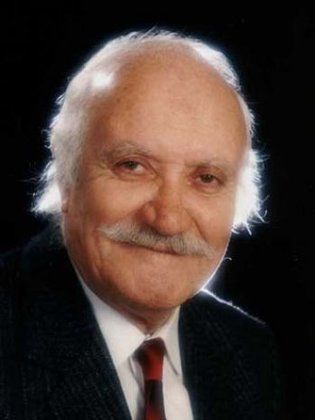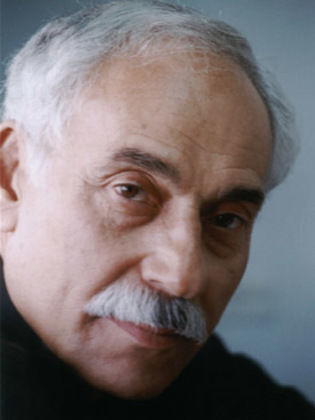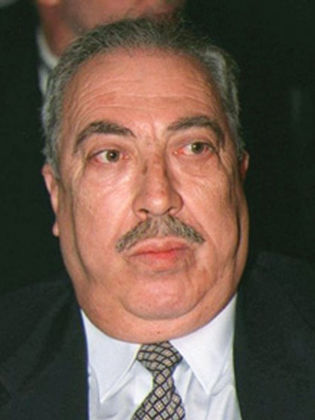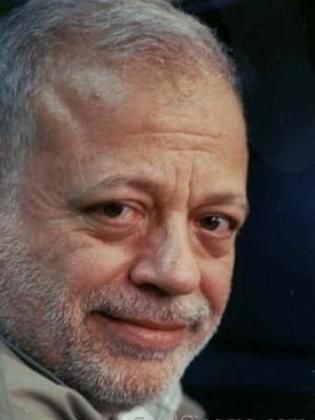Hekmat Mohsen ( - 1968) حكمت محسن
Biography
A Syrian writer who was born in 1900 in Istanbul, as his father worked in the Ottoman army. At the beginning of the First World War, he was sent with his mother to Damascus. In his childhood, he worked several jobs, but he became an upholsterer. He established and headed the...Read more first union for upholsterers in Syria. His voice was the first voice broadcast on Syrian radio after the voice of the then-President of the Shukri al-Quwatli, as he performed a critical monologue live in 1947. He is considered the founder of Syrian popular drama on radio, theater, and television. He created many famous characters, such as Abu Rushdi, Abu Fahmy, Abu Sayyah, Umm Kamel, and others. He co-founded the People's Theater in 1959 before it merged with the National Theater ten years after its establishment. In 1968, his play Mr. Saber, which was performed in 1959 by the National Theater in Damascus, was revived by Abdel Latif Fathy. He died in 1968.
-
- Nationality:
- Syria
-
- Died on:
- 19 November 1968
Watch Online (Sponsored By Yango Play)
-
-
- Siko Siko
- 2025 - Movie
-
-
- Ward w Shokolata
- 2025 - Series
-
-
- One Last Sin
- 2025 - Series
-
-
- Al Shater
- 2025 - Movie
-
-
- 2 Qahwa
- 2025 - Series
-
-
- Rocky El Ghalaba
- 2025 - Movie
Known for
(According to views)
More details
A Syrian writer who was born in 1900 in Istanbul, as his father worked in the Ottoman army. At the beginning of the First World War, he was sent with his mother to Damascus. In his...Read more childhood, he worked several jobs, but he became an upholsterer. He established and headed the first union for upholsterers in Syria. His voice was the first voice broadcast on Syrian radio after the voice of the then-President of the Shukri al-Quwatli, as he performed a critical monologue live in 1947. He is considered the founder of Syrian popular drama on radio, theater, and television. He created many famous characters, such as Abu Rushdi, Abu Fahmy, Abu Sayyah, Umm Kamel, and others. He co-founded the People's Theater in 1959 before it merged with the National Theater ten years after its establishment. In 1968, his play Mr. Saber, which was performed in 1959 by the National Theater in Damascus, was revived by Abdel Latif Fathy. He died in 1968.
- Nationality:
- Syria
- Died on:
- 19 November 1968

